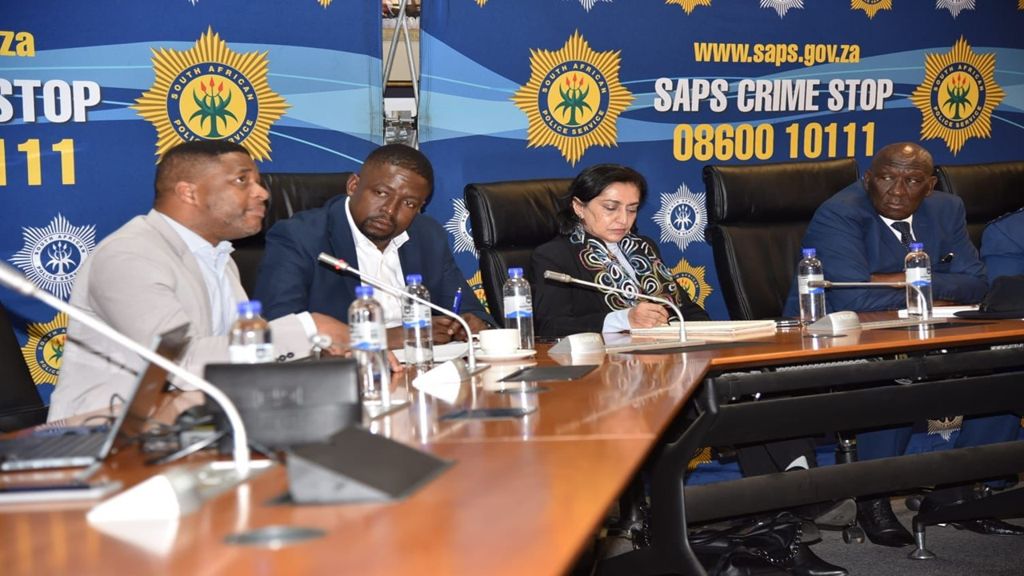The South African Police Service (SAPS), the Police Ministry, and the South African National Editors Forum (SANEF) have formed a partnership to strengthen the relationship between law enforcement and media houses. The goal of this collaboration is to establish trust within communities and create mutually beneficial partnerships.
Meeting in Johannesburg
On June 27, 2023, Minister of Police, General Bheki Cele, led a meeting in Johannesburg. The event brought together editors from reputable media houses and the management of SANEF. Attendees included editors and senior members of print, broadcast, and digital media newsrooms. The Acting National Police Commissioner, Lieutenant General Tebello Mosikili, led a senior delegation of the SAPS, comprising Head of Communications and Spokespersons for the SAPS and Police Ministry.
Constructive Dialogue
At the meeting, participants engaged in open and constructive dialogue on areas of mutual concern, improvement, and potential collaboration. They discussed how the SAPS and media houses could enhance their relationship with police personnel and provide better coverage of the SAPS response to crime. They also deliberated on fostering mutually beneficial partnerships.
Rebuilding Trust within Communities
Minister Cele emphasized the significance of engaging the media in rebuilding trust within communities. He stated that community-centered policing is crucial in the fight against crime and contributes to creating safer communities. Cele urged the media to provide critical, honest, and factual reporting of police work, rather than simply praising the police.
Acknowledging Criticism and Misunderstandings
SANEF National Chairperson Sbu Ngalwa expressed gratitude to the SAPS and Police Ministry for their candid and constructive engagement. He acknowledged that the media is not immune to criticism and appreciated the opportunity for dialogues that would benefit not only the forum but also the entire sector. Ngalwa highlighted the importance of regular communication and dialogue in improving relationships between the SAPS and newsrooms, as well as eliminating misinformation and misunderstandings.
Encouragement and Motivation
The Police Ministry has found encouragement in SANEF’s willingness to engage with the SAPS regularly, both at national and local levels. They are also motivated by the valuable input from editors, which will be considered and implemented to improve the police service, the media profession, and overall societal well-being.
Joint Effort for a Safer South Africa
As both the law enforcement and media sectors play essential roles in shaping public perception and ensuring safety, their collaboration is vital. This joint effort will not only foster mutual understanding but will also contribute to making South Africa a safer place for all.








